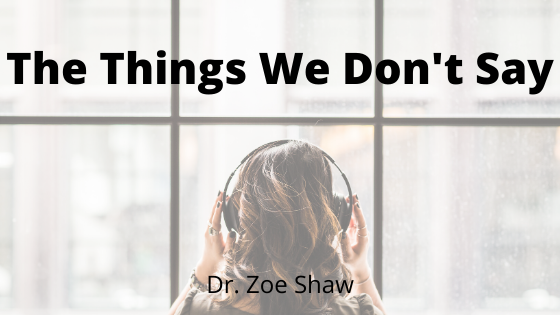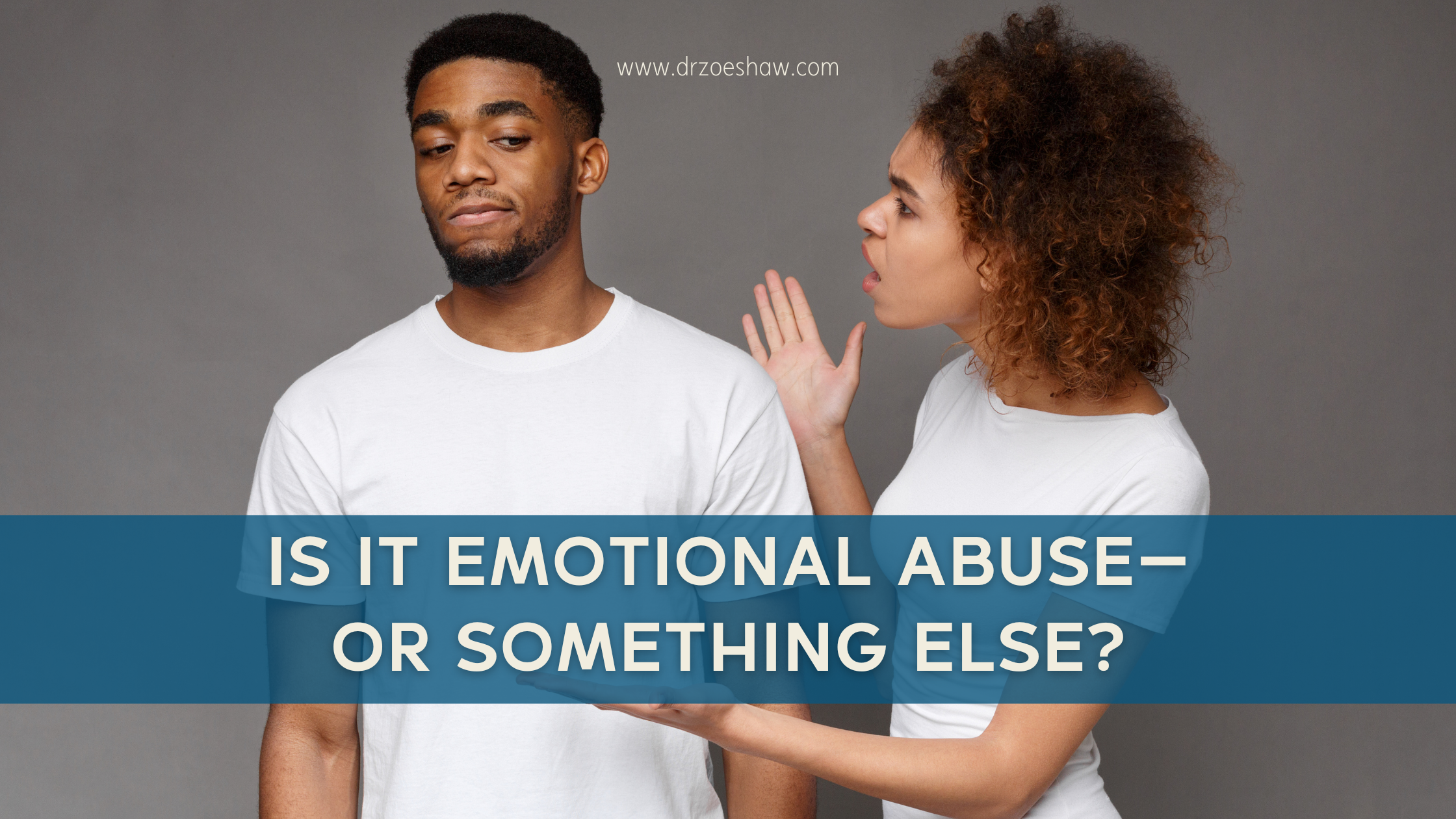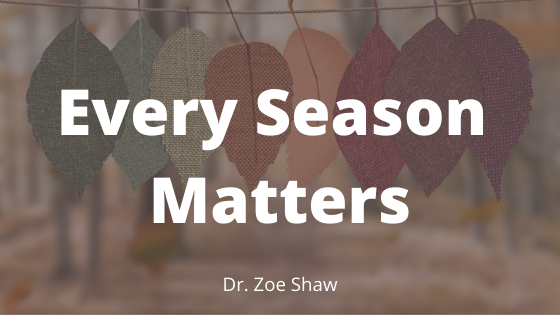
Hi! I’m DR. Zoe
I help women overcome Complex Shame™ and co-dependency so they can experience healthy love
and freedom.
READ MORE
Emotional abuse is something many people struggle to name, identify, or even accept in their lives. It’s easy to mislabel emotional experiences, especially when you’ve grown up in dysfunction or internalized complex shame. Today, we’re unpacking what emotional abuse actually is—and what it’s not.
Emotional abuse is often misunderstood. People use the term casually: “I had an emotionally abusive friendship” or “My mom was so emotionally abusive.” And sometimes they’re right. Sometimes that’s exactly what it was. But sometimes, we throw that word around in ways that do more harm than good. Because emotional abuse is a real thing. And if we label everything as abuse, we can miss the gravity of what it actually is. But if we don’t label it when it’s happening, we stay stuck. That’s what we’re talking about today.
What Emotional Abuse Looks Like
Emotional abuse is a pattern of behavior that seeks to control, manipulate, belittle, or isolate another person using psychological or emotional tactics. It’s damaging, it can be traumatic, and it’s toxic.
Examples of emotional abuse include:
Gaslighting: Convincing you that your experience in reality is not real, that what you’re seeing, what you’re hearing, what you’re experiencing doesn’t actually exist.
Name-calling or constant criticism: Your entire kind of being and self and way of living is demeaned.
Withholding affection or silent treatment as punishment: A common, but harmful behavior. You’re stonewall, especially when it’s done repetitively.
They can’t have conversation with you because you’re ignoring them. It leaves the other person with no other options.
Threats, intimidation, or shaming: Triggering fear or diminishing your sense of safety. They make you feel at your core like you are bad. You’re throwing your partner’s nervous system into fight or flight when you’re threatening them or intimidating them because they feel in danger. That’s emotional abuse. Another form of emotional abus
Blaming you for their behavior: Making you responsible for their abusive actions. “I’m sorry I had to yell at you, but if you weren’t such a nag, I wouldn’t have to yell.” Or :If you were a better wife, I’d come home earlier for work.” Or “If you were smarter with money, I wouldn’t control your money so much.”
Rewriting history: Denying events or creating false narratives. It makes you doubt and confuse yourself.
The tone, energy, and repetition matter. Emotional abuse includes a thread of control and an erosion of your self-worth, often destabilizing your sense of self—whether intentional or not.
What Emotional Abuse Is Not
Not every painful or frustrating experience in a relationship is emotional abuse. It’s crucial to distinguish between real abuse and other issues that are part of being human.
Conflict: Disagreements happen in all healthy relationships. Conflict does not equal abuse.
Insensitivity or cluelessness: Some people genuinely lack emotional awareness. It’s not okay, but it might not be abuse.
Triggering behavior: Being triggered by your partner does not necessarily mean they are abusing you. You may be reacting to past wounds.
Imperfection: People mess up. Even the most loving partners will occasionally hurt each other.
In healthy relationships, there is repair, ownership, and a willingness to change. In emotionally abusive relationships, there’s denial, blame, lack of care, and a cycle that never resolves.
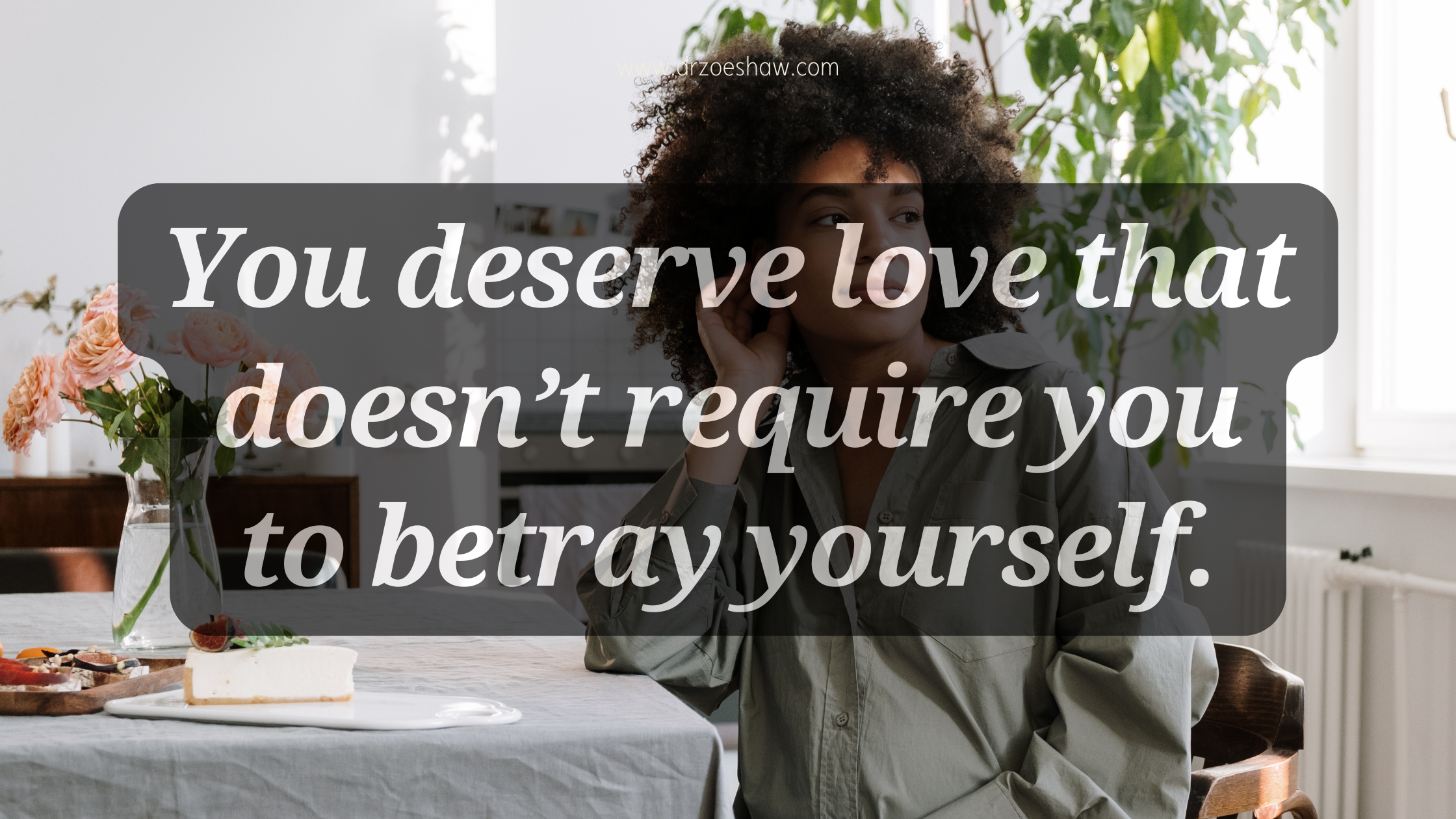
Why Understanding the Difference Matters
If you mislabel emotional abuse as just normal conflict, you risk staying stuck in a damaging relationship. But if you label every hard moment as abuse, you may push away relationships that could grow and heal. Both extremes are rooted in shame and often tied to codependency.
A Reflection for You
Ask yourself: Does this relationship consistently make me feel small, confused, or unworthy?
Does the other person take responsibility for how they impact me, or do they twist the truth to protect themselves?
You deserve clarity. You deserve safety. And most of all, you deserve love that doesn’t require you to abandon or betray yourself.
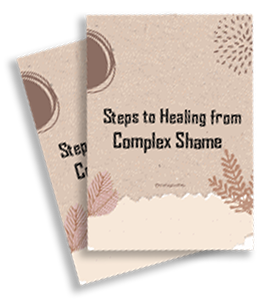
Subscribe and Heal your Relationships.
You deserve a healthy, loving relationship and it starts with You. Learn how to untangle
Complex Shame™ and co-dependency to finally have the beautiful, secure relationship with
yourself and others that you’ve always wanted.
Subscribe and as a thank you, I’ll send you the Steps to Healing from Complex
Shame™.
